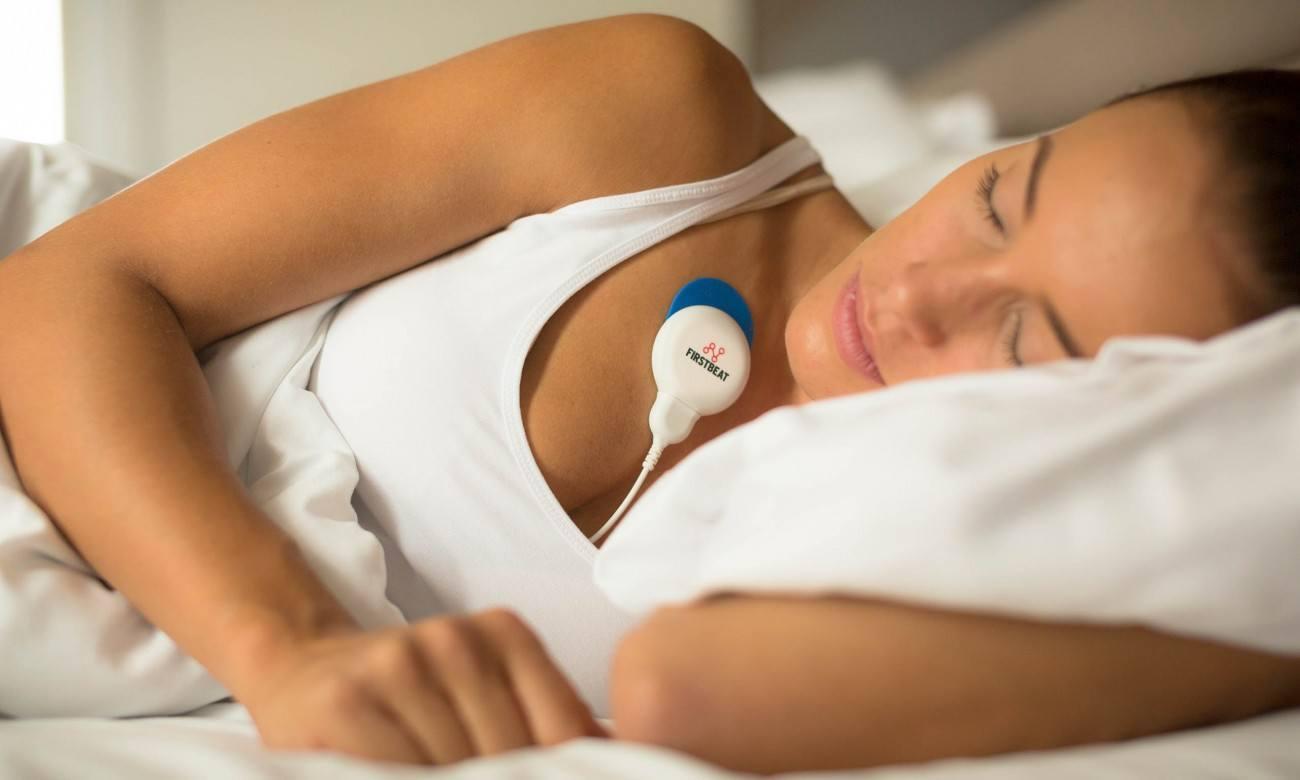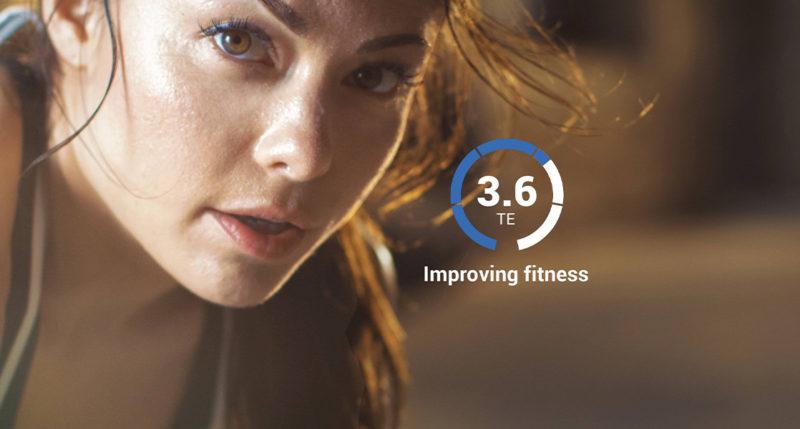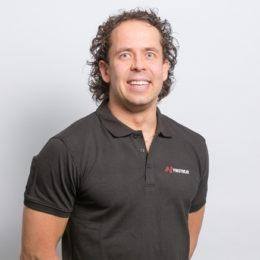
The basic elements of well-being can be grouped into three main categories: exercise, rest and nutrition. The technology provided by Firstbeat focuses on the exercise and rest categories to offer clients meaningful insights about lifestyle and guide their daily decisions. In this blog, I will take a closer look at sleep and what sleep measurements can tell us about this key recovery period, which still remains somewhat of a mystery even among sleep researchers.
What Is Sleep?
Sleep is of course familiar to us all, but in many respects it is also an unknown part of the day. When we attempt to analyze adequate recovery, the first area of examination is almost always sleep time. Does the person actually recover during sleep? How quickly does good recovery begin after going to sleep? Is the recovery uniform and does it occur until morning? Why is there no recovery? Regarding sufficient recovery, the interpretation is in principle quite simple: in a balanced situation, people recover when they sleep. The reality is often more complex.
From an analytical perspective, the viewpoint is physiological. However, Lifestyle Assessment results don’t become meaningful until causal relationships between the different aspects of life are established. To help this, Firstbeat provides a personal diary to combine the subjective feelings with objective measurement results. With regards to sleep, the following metaphor captures the situation well: night is a picture painted with the choices that we make during the day, without forgetting our genetic composition. When we are asleep, there isn’t much we can do. The actions we take and the changes we make to improve recovery occur during the day, keeping good sleep hygiene in mind.
“When we are asleep, there isn’t much we can do. The actions we take and the changes we make to improve recovery occur during the day.”
Firstbeat is able to reveal functions of the autonomic nervous system through analysis of heart rate variability, but it is difficult to make meaningful conclusions based on a single night. Thus, it is recommended to include several more or less typical days and nights in the first assessment period, to establish a good individual baseline.
How Do Finns Recover?
Through a large database compiled by Firstbeat, we have gained a huge amount of information about the general lifestyle and recovery patterns of Finnish people. Based on this, a lot can be said about sleep and recovery during sleep. The share of recovery or “recovery efficiency” reaches its peak when the time spent sleeping is between 7-7.5 hours. Sleeping longer than that is not necessarily a guarantee of good recovery, but can indicate fatigue or an increased need to rest, without the sleep period as a whole being of good quality or providing consistent recovery.
When evaluating the amount of recovery, the database results indicate that one third of the measured sleep periods show insufficient recovery (less than 4 hours of recovery identified). One out of six nights show less than 2 hours of recovery during sleep, and 1/30 nights show no recovery at all. In addition to weakened recovery, the unfavorable choices that people often make regarding their well-being have a negative impact on everyday coping and overall health.
According to studies, staying awake for 24 hours is equivalent to a 1.0 per mil level of intoxication, and even 17 hours of being awake translates to an equivalent of a 0.5 per mil of intoxication. Tiredness and poor recovery are a completely normal part of many people’s daily life, yet, sadly, they are a major contributor to serious events, such as like traffic accidents. The roads surely have a lot of drivers whose focus is less than ideal due to fatigue alone.
If the causal relationships between lifestyle and the resulting consequences were completely unambiguous, the workload of health and well-being professionals would be significantly lower. However, this is not the case; the relationships are complicated and individual differences are large, and we still have a lot of work ahead of us. In my future blogs, I will take a closer look at the questions surrounding recovery: What are the best ways to promote good recovery during sleep, and what are the factors most likely to prevent recovery from happening.
Do you actually recover when you sleep? Firstbeat Life gives you accurate data about your sleep and recovery.
You might also be interested in

The Big Picture of Wellness – Stress Management, Good Sleep and Nutrition Go Hand in Hand
Weight management and healthy eating are issues that wellness professionals face every day with their clients.

Reflection on My Dry January: Did It Make a Difference?
In Finland, 20-30% of adults take part in alcohol-free January. I decided to test this myself, collect some data and see how an alcohol-free month affects me. Would I notice some benefits, such as increased energy, better sleep, or even improved heart rate variability (HRV) during sleep?

Intensity Is Your Fitness Friend
You may have heard that your fitness level is determined by your genetics. This is true. Luckily, that’s not the whole story. Experts say that about half of the variation in physical fitness between individuals is heritable, meaning it comes to you through your parents.



